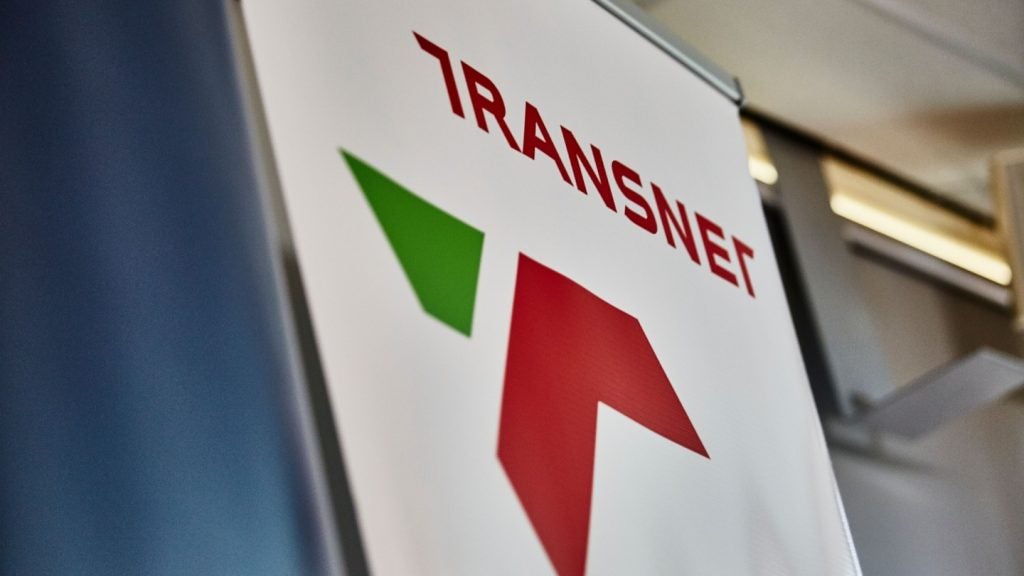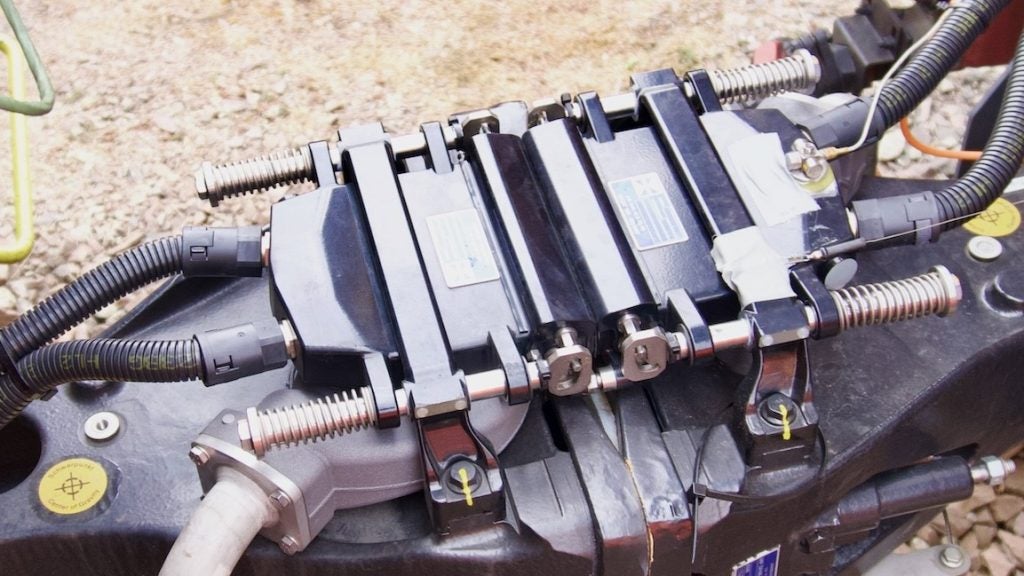South Africa’s troubled national logistics and freight company Transnet has received a boost in its business recovery plan after securing a $1bn loan from the African Development Bank Group (ADB) to support the first year of its capital investment plan.
The loan is fully guaranteed by the South African Government and comes as the company reassesses its operations in light of significant struggles with its rail and port businesses and underinvestment into its infrastructure.
Solomon Quaynor, ADB’s vice president for private sector, infrastructure and industrialisation, said: “Transnet, the custodian of South Africa's critical transport and logistics infrastructure, plays an indispensable role in the economy of the country, ensuring a competitive freight system and serving as a gateway to the SADC region.”
“Our partnership will enable Transnet to execute a comprehensive recovery plan, addressing operational inefficiencies, particularly in rail and port sectors.”
The loan will facilitate the early stages of the company’s five-year $8.1bn capital investment plan aiming to improve its capacity and rehabilitate its infrastructure to restore operational performance across all its sectors.
Transnet also revealed that, on top of the loan, the ADB was considering a $750,000 grant for the company’s efforts to improve energy efficiency and decarbonisation, and a $1m grant to accelerate railway reform.
Michelle Phillips, Group CEO of Transnet, said: “We appreciate the support demonstrated by the African Development Bank, the loan extended by the bank will make a significant contribution to Transnet’s capital investment plan to stabilise and improve the rail network and to contribute to the broader South African economy.”
Earlier this year, Transnet subsidiary and government corporation Transnet National Ports Authority (TNPA) said it would appoint a panel of service providers to oversee operations at the country’s eight ports without an operator, after years of decreasing cargo traffic.
The company’s rail business has also struggled in recent years and cut 35% of its freight network in early 2023 as it targeted more profitable cargo loads and dealt with a series of issues including cable thefts, locomotive part shortages, and an internal restructuring.












